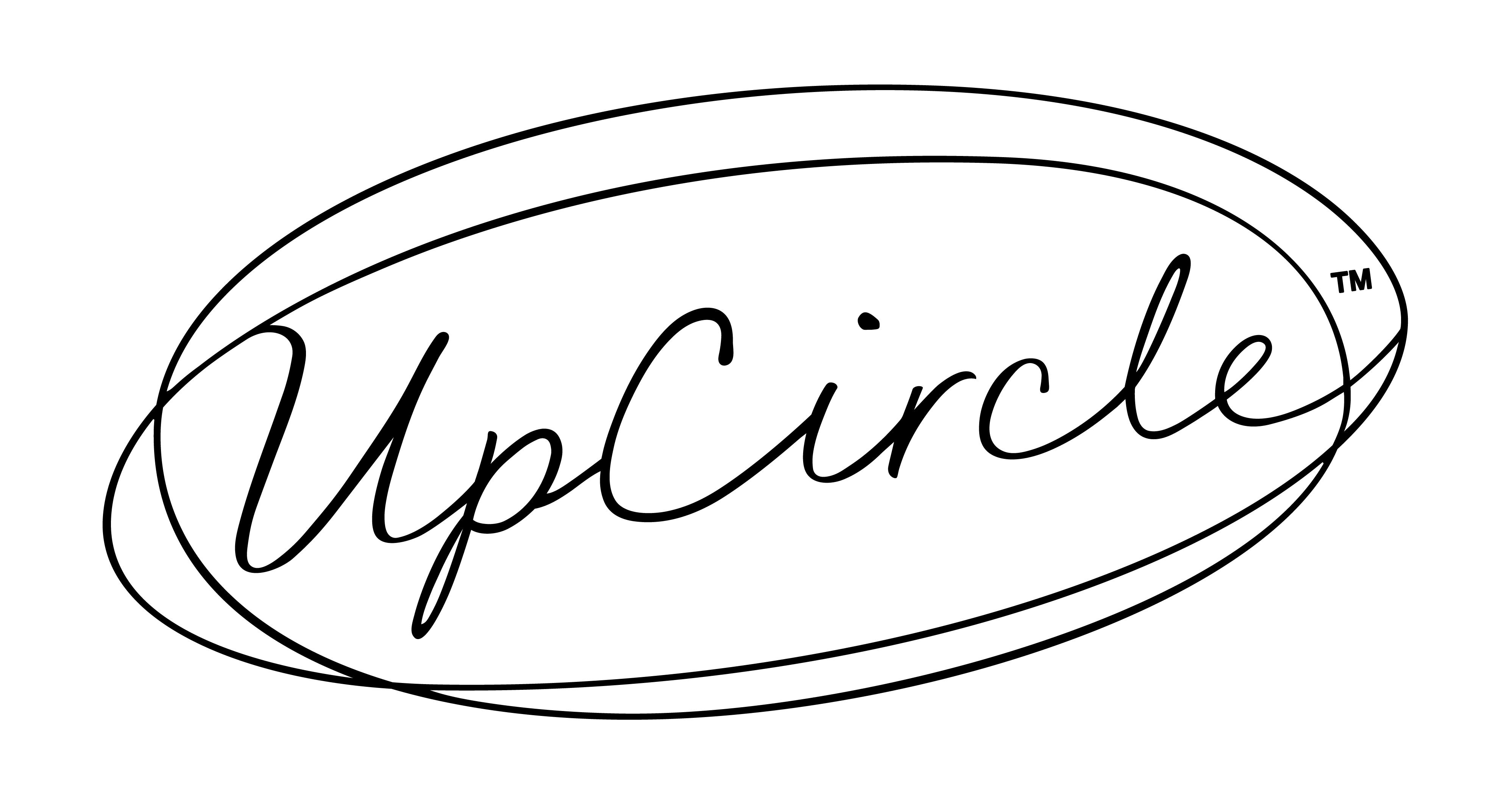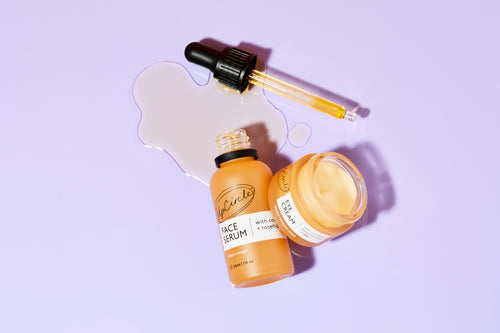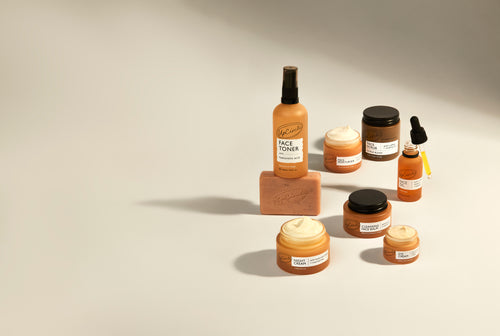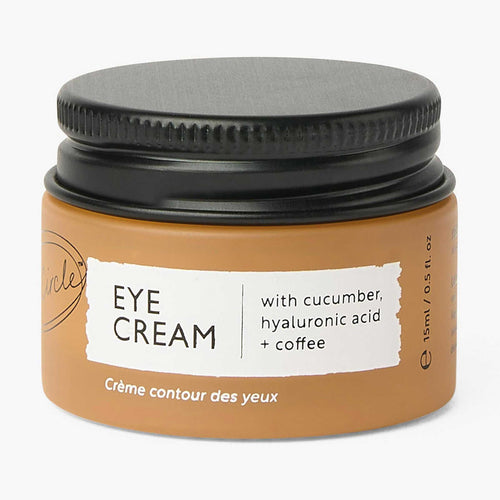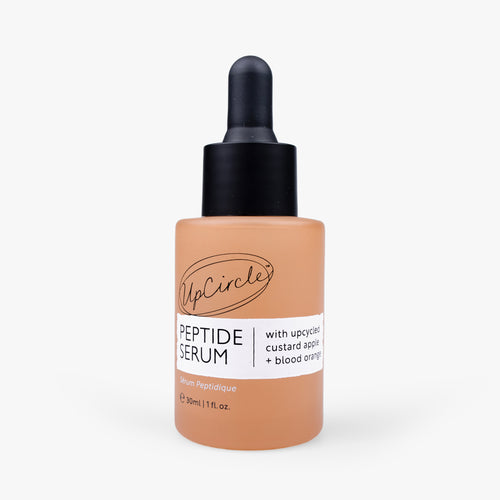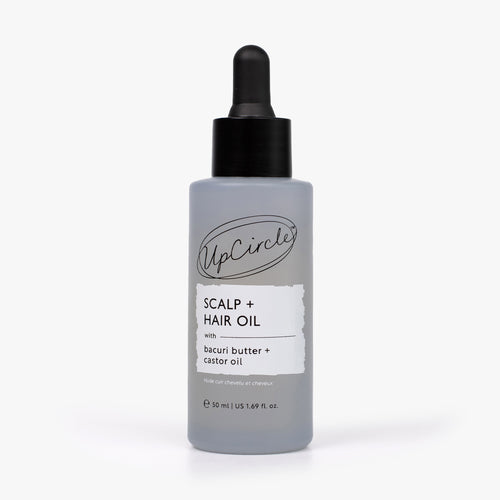Let’s face it, we love drinking coffee. Apart from water, it is the most popular drink in the world. More than 450 billion cups are consumed every year. In the UK, we drink 55 million cups a day. It’s safe to say that we like our caffeine!
However, the coffee industry isn’t as green as we’d like it to be. Not only are the cups largely non-recyclable, but the used coffee grounds also typically go to landfill. Indeed, more than 500,000 tonnes of coffee grounds are sent to landfill every year in the UK alone.
Whilst one might assume that they’d naturally degrade, the big issue is that as organic material, they are terrible for the environment. They break down to release methane, a greenhouse gas with more than 20 times the global warming capacity of carbon dioxide!
So far, so bad. We love drinking coffee…but we hate the effect this has on the world.

In a world where we’re bombarded with negative headlines about climate change, pollution and our overuse of scarce resources, we wanted to make a change.
Our overarching aims?
- To reduce the impact we have on our wider environment.
- To promote a circular economy by keeping the limited resources we do have in use for as long as possible.
- To extract their maximum value and then regenerate them at the end of their service life.
- Ultimately: to provide an alternative to our current “take, make, dispose” world.
So far, so good: everyone loves coffee, but it creates a lot of waste. We want to minimise the waste.
Did you know? 90% of raw materials used in manufacturing become waste before the product leaves the factory and 80% of products thrown away within the first six months of their life!

The next step was to see what we could do with these grounds. Grounds that people spend huge amounts of time researching – the best flavours, acidity, body and aromas, not to mention the roasting, blending or cupping. A LOT of effort… all to be discarded after one cup!
We’d heard about someone using them for fuel for burning…but at the end of the day, it’s still burning right? It still means releasing CO2 into the atmosphere.
We did some research (Google is a wonderful thing) and found that the level of antioxidants is actually higher in used coffee grounds versus freshly ground coffee. The scientists put it down to the fact that the boiling process releases some of the compounds within the coffee grounds. We’ll talk about why antioxidants are good in the next blog, but you’ll have to trust us that they are a good thing.

Secondly, we got our hands on some grounds, and found that they make an incredibly effective, yet gentle, exfoliator: harsh enough to buff dead skin without scratching or tearing. Indeed, gentle enough that we could use on both body and face! In addition, they address the issue of the dreaded microbead (a topic for a future blog post).
Finally, the piece de resistance, of course – the anecdotal evidence suggesting that caffeine is highly effective against skin conditions like cellulite, stretch marks and eczema.
It seemed like an obvious solution: to take these used coffee grounds and transform them into natural, exfoliating coffee scrubs. Not only good for the body, but also good for the environment too.
Clear skin and a clear conscience. Scrub away!
In the next blog, we’ll talk about how we went about creating the business in partnership with our first coffee shop.
Inspired to give our sustainable, natural scrubs a try? Use the code WELCOME at checkout for 10% off your first order!
Sources
recipes.howstuffworks.com/coffee-facts.htm
http://www.britishcoffeeassociation.org/about_coffee/coffee_facts/
http://www.bbc.co.uk/news/magazine-36882799
http://www.gd-environmental.co.uk/blog/business-waste-how-keep-coffee-grounds-out-ground/
http://businessrecycling.com.au/recycle/coffee-grounds
De Peña MP, Monente C, Ludwig IA, Irigoyen A, and Cid C. Assessment of Total (Free and Bound) Phenolic Compounds in Spent Coffee Extracts. Journal of Agricultural and Food Chemistry. 2015
